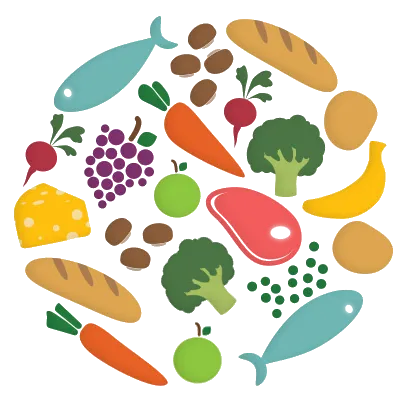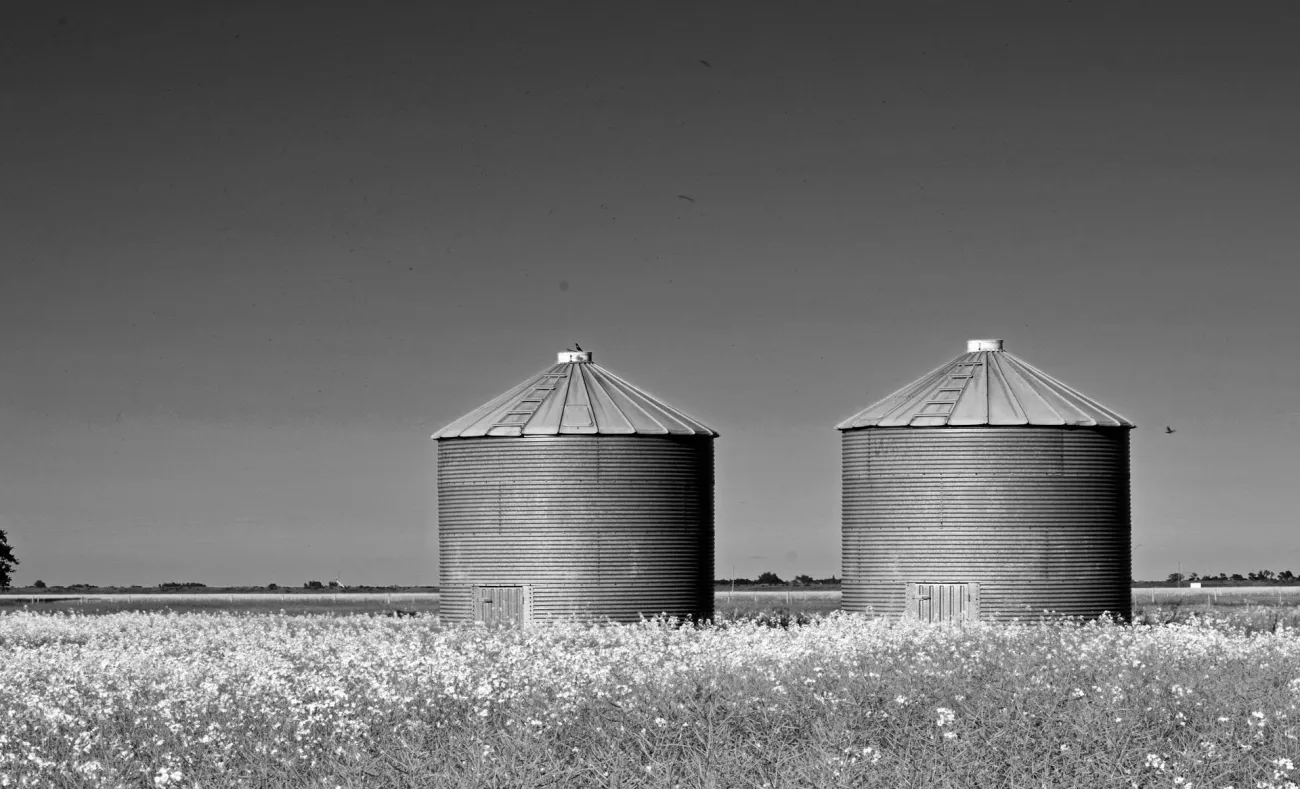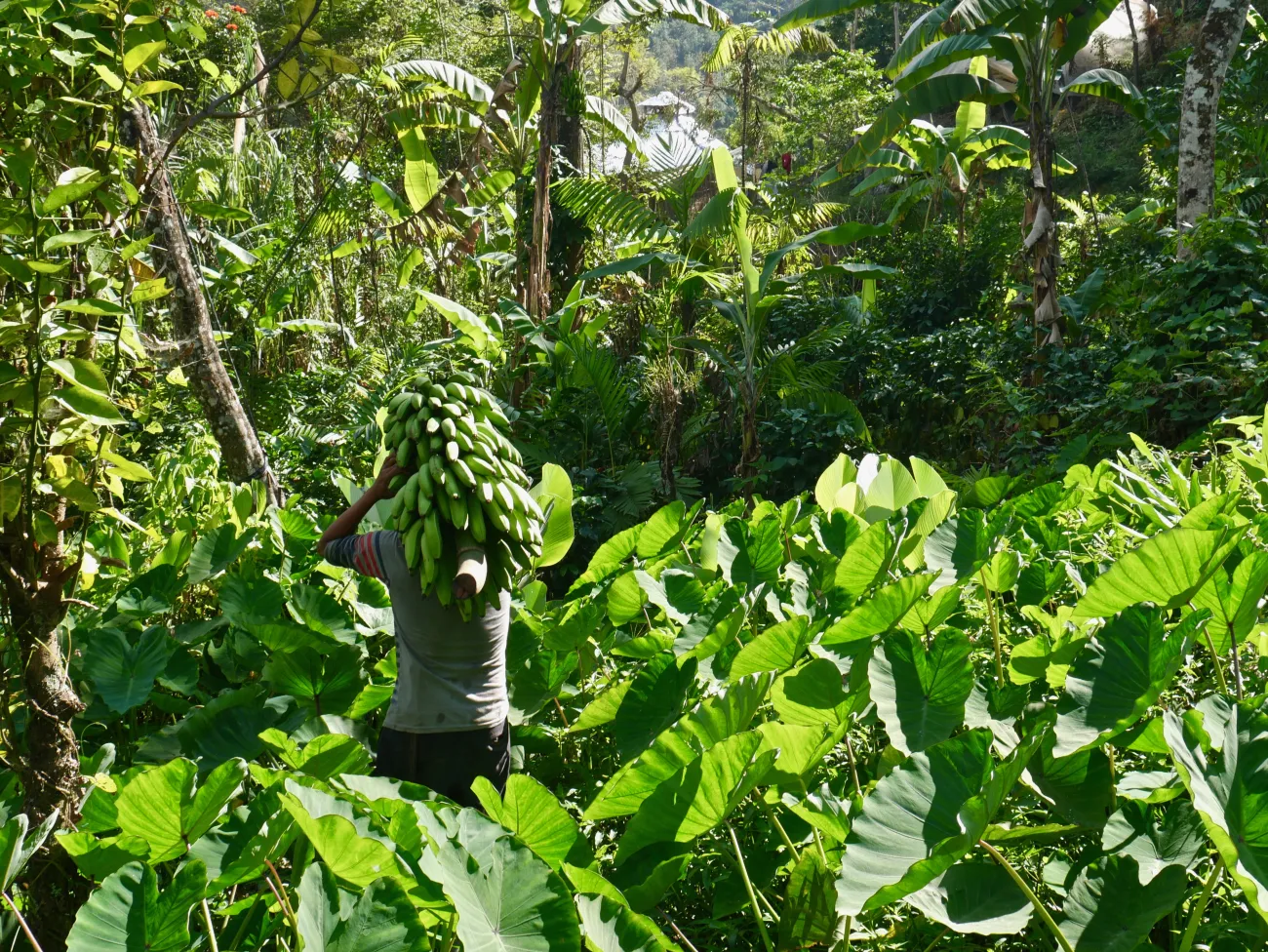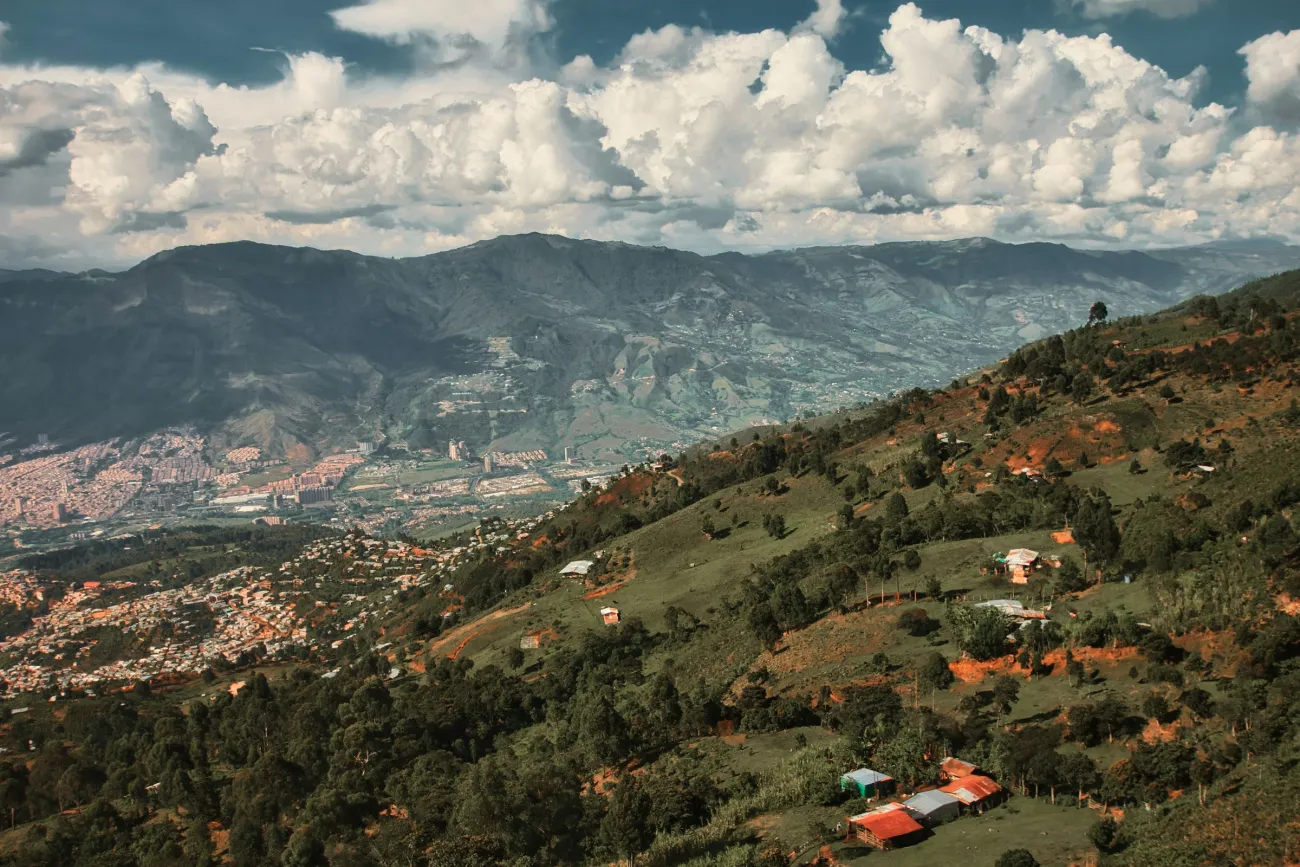Industrial-scale supply chains in the fresh produce sector are forcing farmers to adopt environmentally damaging practices, argues this Food Research Collaboration blog post by Rebecca Laughton of the UK’s Landworkers’ Alliance. Laughton suggests that local or decentralised supply chains are a better option for farmers, for example vegetable box schemes that connect agroecological farms to consumers.

Laughton identifies 12 ways in which industrial-scale supply chains (referring in this case to large-scale supply chains, such as for supermarkets, processors and mass catering) can drive practices that are harmful for the environment or farmers:
- Large organisations such as supermarkets demand large quantities of food, which small-scale farmers cannot individually produce.
- Supermarkets prefer year-round, uniform production rather than allowing seasonal variation.
- Stringent cosmetic requirements encourage both waste and pesticide use.
- Surplus food is often grown then wasted so that farmers can be sure of producing enough for industrial-scale contracts.
- Growers have relatively little negotiating power compared to supermarkets.
- Low profit margins encourage intensification and reduce the ability of farmers to experiment with environmentally beneficial methods.
- Centralised distribution systems can lead to food being transported long distances.
- During long journeys and in storage, significant energy is expended on refrigerating food. (See also Tara Garnett’s 2007 papers Food refrigeration: What is the contribution to Greenhouse Gas emissions and how might emissions be reduced? and Frost Bitten: an exploration of refrigeration dependence in the UK food chain and its implications for climate policy.)
- Food delivered locally can be fresher and more nutritious than food transported and stored for a longer period of time.
- Food can be wasted at the farm because of supermarket trading practices, including order cancellations and retrospective changes to supply agreements.
- While vegetable box schemes often re-use crates, food that is stored for longer often requires more plastic packaging.
- In supermarket supply chains, farmers receive relatively little of the sale price compared to in “farmer-focussed” supply chains.
Read the full blog post here. See also the TABLE explainer What is agroecology? and the TABLE project Scaling the system: Should the future of food be global or local?




Comments (0)